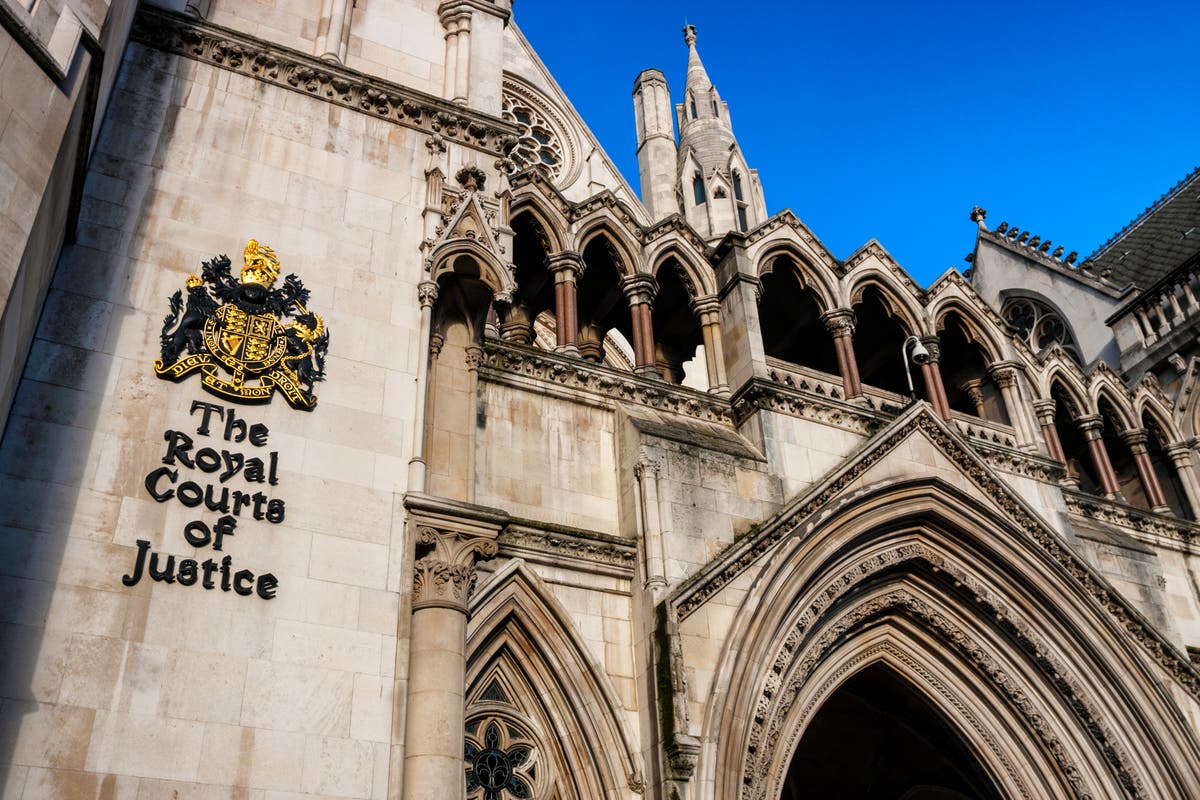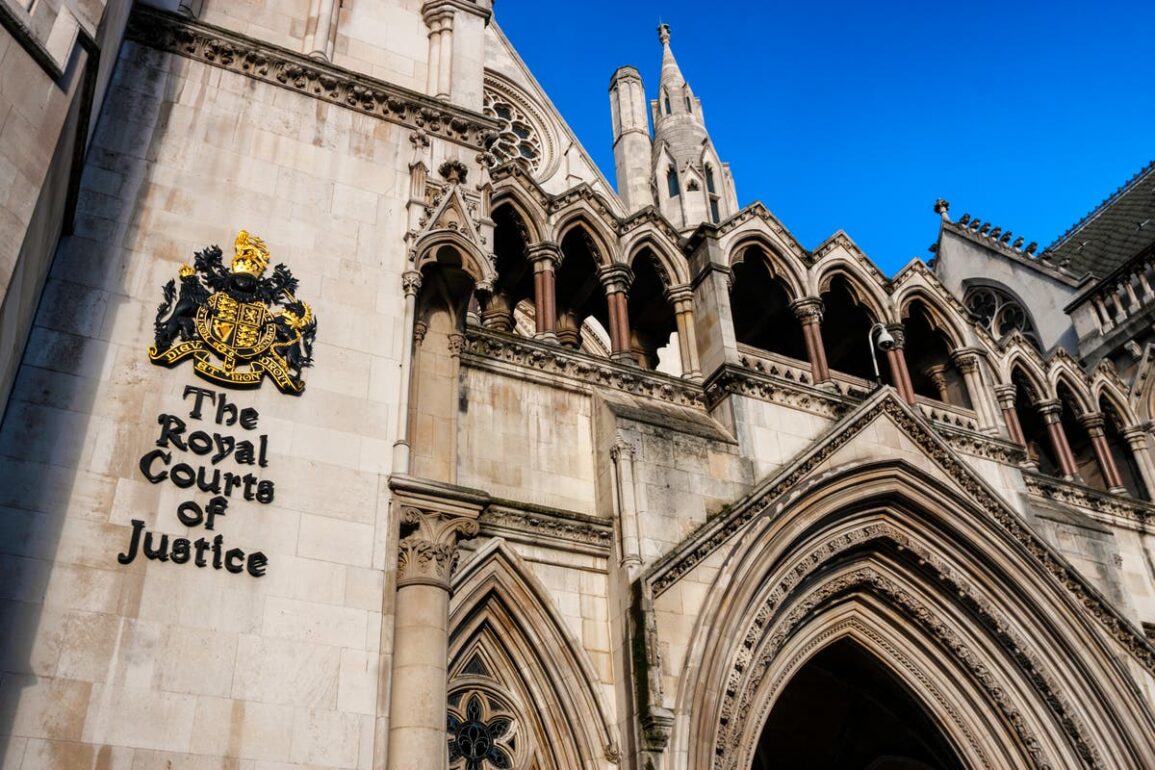
Although we hear a great deal about the backlog – and references to it having arisen from the pandemic and the barristers’ strike – the recent disclosures about the number of serious cases being adjourned because of the lack of advocates or judges is indicative of the real state that our criminal justice system now finds itself in and how it has got there.
Many of us are not surprised by any of this and have been predicting it since 2010, when the government began to make significant cuts to the funding of the criminal justice system. They did that by cutting the overall number of crown court criminal “sitting days”. Having started to cut the sitting days they continued to do so year by year, steadily at first but more so from 2018 onwards, and so the backlog grew.
However, as the years went by there were other more serious consequences of the reduced sitting days. The volume of work being done day by day reduced. Although the cases coming into the courts all had their initial hearings a fixed number of days after being sent up by the magistrates, and those who pleaded guilty were dealt with straight away, the trials of those cases where people pleaded not guilty began to be pushed further and further back in time.
This post was originally published on this site be sure to check out more of their content.







